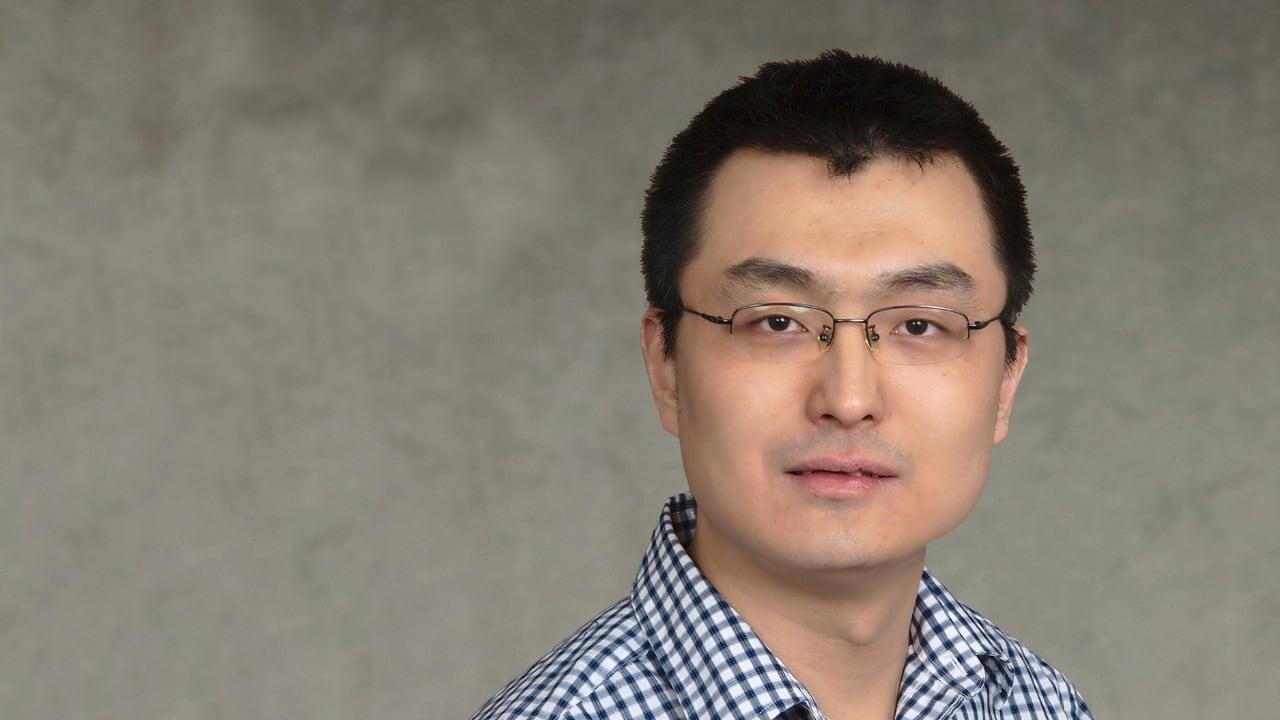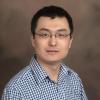Xiaonan Lu, associate professor in Purdue Polytechnic’s School of Engineering Technology, is leading a federally-funded research team to address a critical threat to modern power grids.
Electrical oscillations can cause widespread instability and blackouts, and Lu has dedicated a great deal of research and testing to change the conditions that cause such oscillation.
The work is funded by the U.S. Department of Energy (DOE) in collaboration with the National Renewable Energy Laboratory (NREL) and other partners. The project focuses on creating a new algorithm to analyze and mitigate grid instability as new types of power sources are adopted.
Lu explained that while oscillation issues have always existed, the increasing use of modern, inverter-based resources introduces new and complex challenges.
"New oscillation modes pop up and may trigger problems across entire grids," Lu said. "For example, these new oscillation modes may propagate from one area to another and may trigger issues. The latest Spain power outage also involves oscillation issues."
Lu's team developed a modular and scalable algorithm to pinpoint the source of these new instabilities. The goal is to provide utility operators with the tools to prevent failures before they occur. "Our work delves into this topic to reveal the root cause of these new oscillation modes in the grids, and eventually, the work can help mitigate outages," Lu said.
The research has already proven effective in a real-world application. The team worked with utility companies in Hawaii to design and test their solution. Lu reports that the algorithm "works perfectly in alignment with real-world observations." Following this success, the team is expanding its work to address the power systems of the entire western coast of the United States.
The project is a collaborative effort, with Lu guiding students and postdoctoral researchers through the technical details. The research provides a direct path to industry for top engineering talent. One key member of the team, Lizhi Ding, served as the major developer for the algorithm and its framework.
"[Ding] has just graduated and joined Tesla to start his industry career," Lu said.
Additional Information

